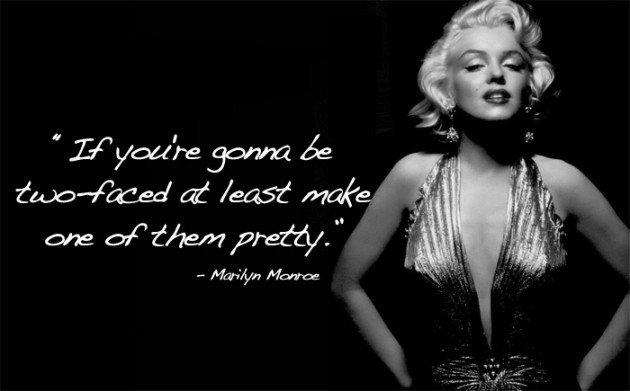In a virtual network like Facebook, would
you say that identity is real or authentic?
On Facebook there is a profile timeline. This timeline gives you the opportunity to put out anything that has happened to you from the day you were born till today. On the right side of the profile, questions about favourite movie, food, TV series, etc. occur - and with in a couple of minutes your friends will be able to see all of your favorites.
On Facebook there is a profile timeline. This timeline gives you the opportunity to put out anything that has happened to you from the day you were born till today. On the right side of the profile, questions about favourite movie, food, TV series, etc. occur - and with in a couple of minutes your friends will be able to see all of your favorites.

So being able to put out anything you want
on your timeline, is your identity real or authentic the way that Mark
Zuckerberg claimed it is on Facebook? (McNeill, L. 2012) The statement that
Zuckerberg explained in the readings, was that you can only have one identity.
This can be implied that your identity on Facebook is real. In an addition to
that, he also made the timeline to give us the opportunity to express who we
really are. On the other side, the fact that you can put out any kind of
information means that the description of you can be untrue. But what is real? According
to the text The Songlines (reference) the
aboriginals could not believe that something existed until they could see and
sing it. If they were to become a member of Facebook, their impression would be
that the profiles reflected on their real identity (Chatwin, 1991).
We can also look at the Facebook timeline
as a narrative. That you tell a story about yourself in a certain way,
depending on whom you wane reach out to, like Dr. Ariella Van Luyn talked about
in the lecture. So you have the power to either give the viewers a piece of
your real identity, or you can embellish the truth.
REFERENCE LIST
Chatwin, B. (1987) Chapter 3, in Songlines (pp.11-15). London, England: Jonathan Cape.
McNeill, L. (2012). There is no "I" in network: Social networking sites and posthuman auto-biography. In Biography, 35(1), 101-118.
IMAGE CREDITS
No comments:
Post a Comment